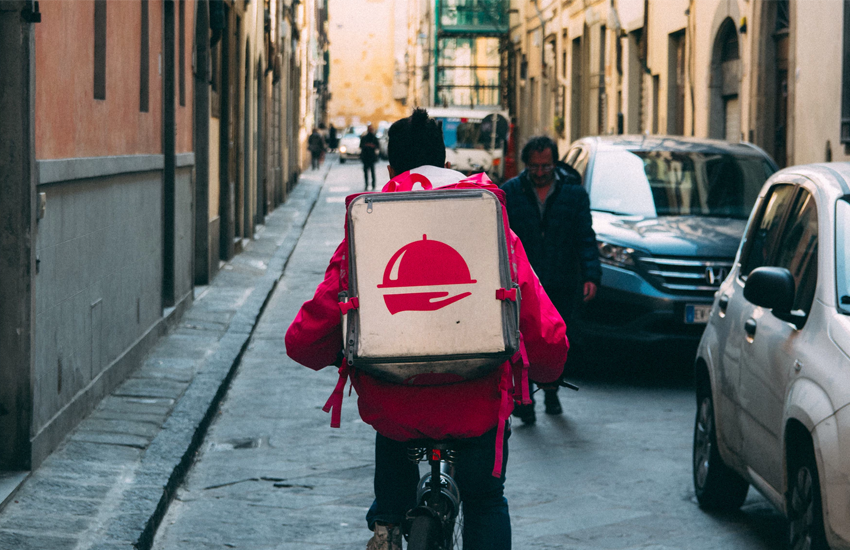Is Your Food Delivery Habit Hurting Your Mental Health?

The modern world offers us many conveniences. Indoor plumbing and electricity make life far more sanitary and pleasant than what our ancestors had to deal with. Technology allows us to connect with people from around the world, and we can hop in our car and go wherever we want safely and relatively quickly (unless you live in a major city where traffic tends to be brutal).
But some of our modern-day conveniences may be doing us more harm than good. Take for instance food delivery. Who among us doesn’t love to have our pizza, Chinese or Indian food brought right to our door? It’s fantastic. But it may not be so good for our mental health. Here are a few reasons why:
Depression
It is estimated that over 16 million adults in the United States suffer from depression. Many end up looking for relief via prescription medications that often come with nasty side effects. But could their diet be the real culprit?
A study published in the Journal of Public Health Nutrition revealed that people who ate takeout food were 51% more likely to struggle with depression compared to those who tended not to eat those foods.
That makes sense, because what we eat often determines how we feel, both physically and emotionally. Eating processed or fast food tends to load us up with sugar and refined carbohydrates that give us an initial high but quickly send our energy and mood plummeting.
Eating delivered or takeout food regularly also means we are not getting the nutrients our brains need to work optimally. Lacking vitamins, minerals, and healthy fats like Omega-3 has been shown to cause mood issues. For instance, a deficiency in folate, a B vitamin, has been shown to cause depression, apathy, and fatigue.
The bottom line is that a growing body of research is suggesting that what we eat is directly linked to our mental health.
Weight Gain
How we feel about ourselves is often associated with how we look in the mirror. When we eat takeout food, we tend to scarf it down in front of the TV or computer. Before we know it, we have consumed far too many calories. Do this over and over and after a few months, you can unintentionally put on a lot of weight without even realizing it. Then your self-esteem could take a hit and you begin to feel symptoms of depression. This in turn causes you to stay in more (instead of being social) and ordering more food so you can self-medicate by eating things that got you into trouble in the first place. Very quickly, you can find yourself caught in a vicious cycle.
Some Food is Addictive
Some researchers now believe certain junk foods may be addictive. Are you ordering in more and more for the convenience, or because you have formed a dependence on certain foods? Food addiction can be as difficult to break as other substances. In fact, some studies would indicate cutting sugar out of the diet is harder than quitting cigarettes.
Hippocrates, the father of medicine, said, “Let food be thy medicine and medicine be thy food.” If you want to feel good, inside and out, be careful ordering in junk food and instead prepare wholesome and nutritious meals for yourself. Is it as convenient? No, but part of taking care of yourself is making the difficult everyday choices that you’ll be thankful for in the future.
Are you currently using food to self-medicate emotional pain or trauma? Are you interested in exploring treatment options? Please be in touch. I’d be happy to discuss how I might be able to help.
Sources:
https://psychcentral.com/news/2013/08/22/in-young-kids-junk-food-linked-to-mental-illness/58744.html
https://blogs.psychcentral.com/life-goals/2014/12/5-ways-fast-food-worsens-your-depression/
https://www.nchpad.org/606/2558/Food~and~Your~Mood~~Nutrition~and~Mental~Health
http://www.bbc.com/future/story/20140826-is-fast-food-making-us-depressed
